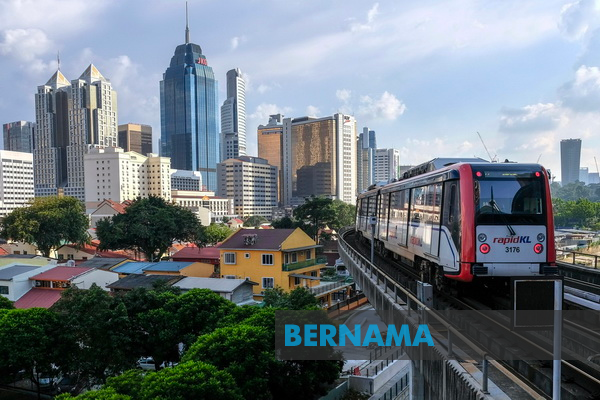| |
 |

|
| |
WKB2030 a continuation of past policies: RHB
KUALA LUMPUR, Oct 7 -- The Shared Prosperity Vision 2030 (WKB2030) policy is a continuation of past policies that promote higher equitable growth which are ending in 2020, says RHB Bank.
In its Economics View report today, RHB Bank said the policy outlines a 10-year goal to move Malaysia from being a country with a reliance on unskilled low-paying workers to a nation with a high-income, high-skilled labour force that is capable of attracting new investments and opportunities.
"This is in line with the latest developments in science and technology. The goals were announced as a blueprint for the 2021-2030 period, with policies in the 2020 Budget designed to steer the country towards that vision," it said.
It added that WKB2030 is a sound plan which provides a general strategy for future economic planning, but as with most government policies, the key always lies in the execution.
The note also added that it is a task to achieve higher-income distribution, and to gear towards export-oriented industrialisation.
"Malaysia's small domestic market will limit its growth potential. However, the challenge for constant higher growth will not be easy, as export-oriented industrialisation is mired in tough global competition, especially from China," it said.
It said that to ensure the success of an export-oriented policy, it needs to be led by big corporations with sizeable foreign direct investments and domestic direct investments.
"In addition, this also needs to be supported by a pool of skilled labour that is educated and prepared for industry 4.0, artificial intelligence, and big data, which may take time to yield the right results.
"As a result, the focus on education is equally as important to focus alongside industry-centric goals, in achieving the targets outlined under WKB2030," it said.
It said key strategies of WKB2030, which was launched over the week-end, include boosting high-technology contribution to economic growth; empowering small and medium enterprises; strengthening human resources; inclusive policies that integrate the public transportation system between urban and rural areas as well as reduce economic disparity between regions; and social well-being.
-- BERNAMA
|
|
|
|
|



